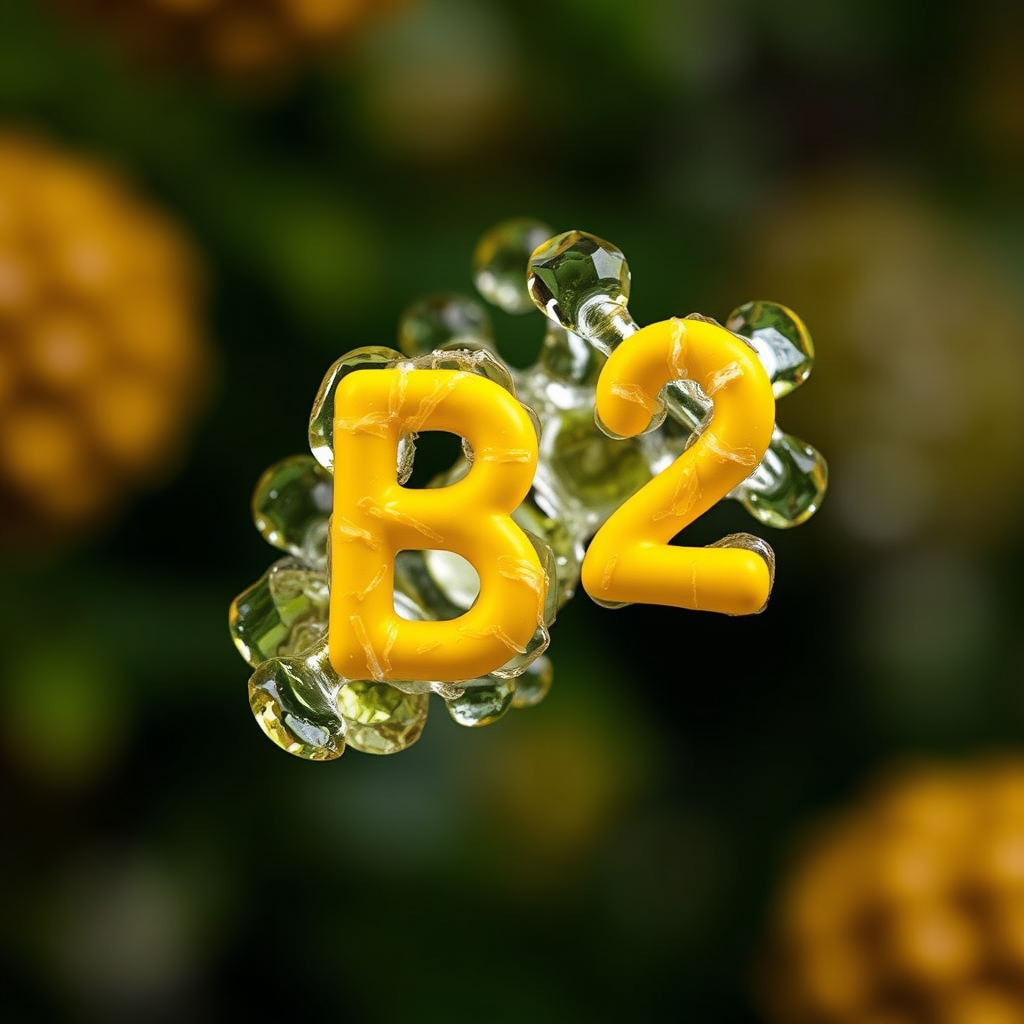Folic Acid – Benefits, Natural Sources, Deficiency, Toxicity
Hydrosoluble, is one of the members of the B-complex; it is also known as B9 or vitamin M. It is measured in micrograms (mcg).
It is essential for the formation of red blood cells.
It helps metabolize proteins.
The official recommended daily requirement for adults is 400 mcg, double for pregnant women, and 500 mcg for nursing mothers. It is important for producing nucleic acids (RNA and DNA).
it is important for the division of body cells.
it is necessary for the utilization of sugar and amino acids. It can be destroyed if it is kept unprotected, at room temperature, for a long time.
What folic acid can do for you
- Improves milk secretion.
- Protect against intestinal parasites and food poisoning.
- Contributes to the healthy appearance of the skin.
- It acts as an analgesic for pain relief.
- It can delay the formation of gray hair when used in combination with pantothenic acid and para-aminobenzoic acid.
- Increases appetite, if you are weak (exhausted).
- It works primarily on cancer pain.
- Prevents anemia.
Diseases caused by folic acid deficiency
Nutritional macrocytic anemia.
The best natural sources of folic acid
Dark green leafy vegetables, turnips, yeast from tortillas, liver, egg yolks, cantaloupe, apricots, pumpkins, avocado, parsley, whole wheat and black rye flour.

Toxicity
There is no known toxic effect, but a small number of people experience allergic reactions on the skin.
- Excessive intake of folic acid can mask the symptoms of dangerous anemia.
- High doses of folic acid for a long period are not recommended for those who are prone to disturbances in the form of cramps or exposed to cancer that is related to hormones.
- Folic acid and PABA can prevent the effectiveness of sulfonamides.
Enemies
Water, sulfonamide preparations, sunlight, estrogen, food processing (especially boiling), heat.
Personal advice
If you drink a lot, it is recommended to increase your intake of folic acid. When a large amount of vitamin C is taken, it increases the secretion of folic acid, and anyone who takes more than 2 g of vitamin C should probably take more folic acid. If you get sick or are fighting a disease, determine whether your vitamin supplement contains enough folic acid. When there is not enough folic acid, there are not enough antibodies either.














Post Comment